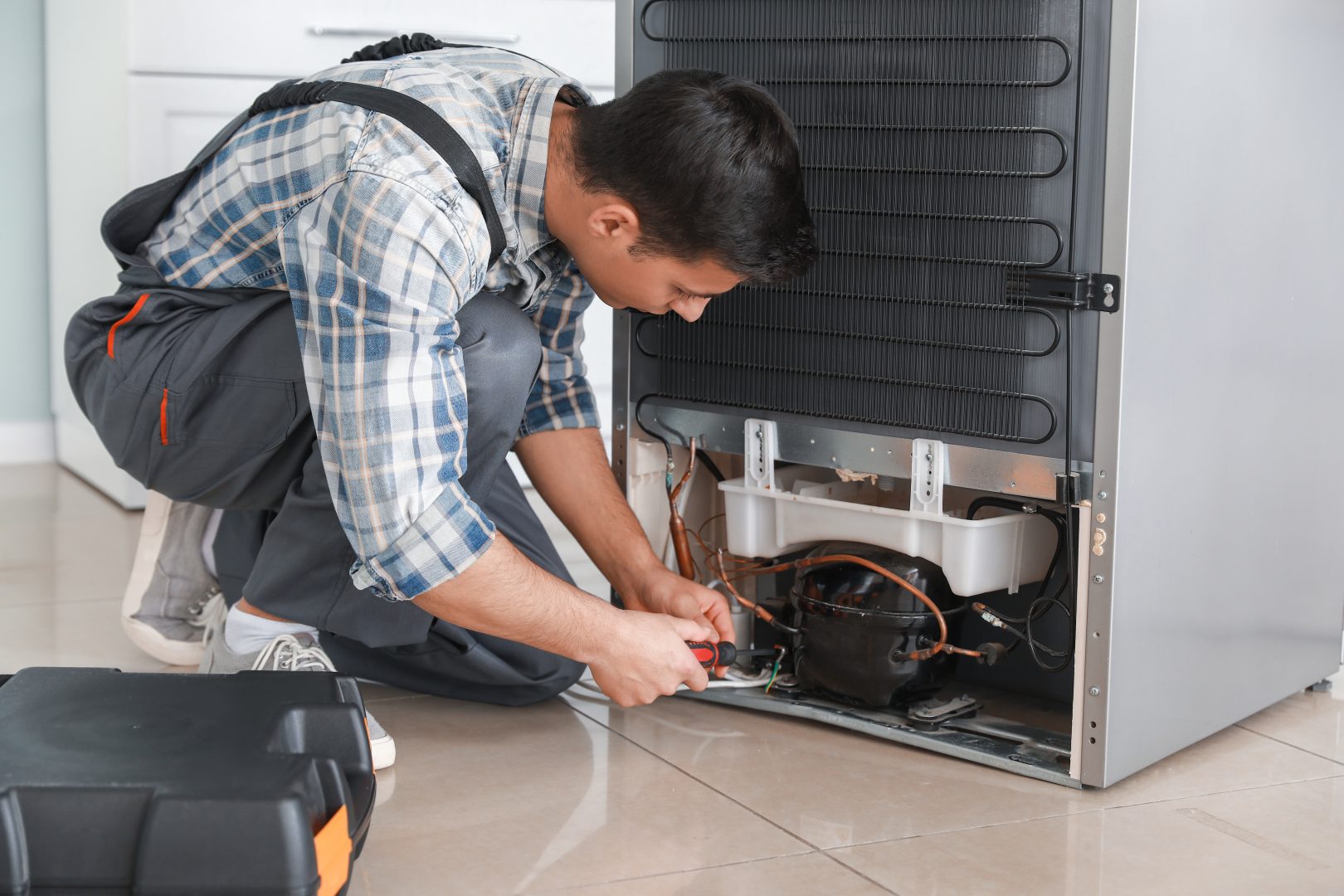
Right to repair
APPLiA is fundamentally positive about extending the lifespan of products based on their repairability. However, we see some problems with implementation when the legislation on Ecodesign, WEEE and Consumer Protection Act conflict with each other.
Our policy
- A large part of the products that are not repaired today is not due to their technical lifespan. Through producer responsibility, we can statistically state that just over 30% of the products that are submitted for recycling are still functional, but for various reasons the consumer has nevertheless chosen an exchange. For our products, this may be due to the consumer rebuilding a kitchen and at the same time replacing functional products.
- There is an obvious risk in building up spare parts stocks. If all products are required to have a number of vital spare parts to enable repair, this will counteract the environmental benefit as a large number of spare parts will be scrapped without being used when the products reach the end of their useful life.
- There is currently a major shortage of service technicians and APPLiA has for a long time tried to influence authorities to start, among other things, YH training to ensure that Right-to-repair can be implemented and extend the life of the products. To date, in principle all applications to train personnel have been rejected by the authorities, which will create problems in the future.
- Right-to-repair also requires manufacturers to provide technical information to unauthorized repair shops, which will likely be to the disadvantage of consumers if repairs are to be carried out by companies that do not have expertise in the products.
